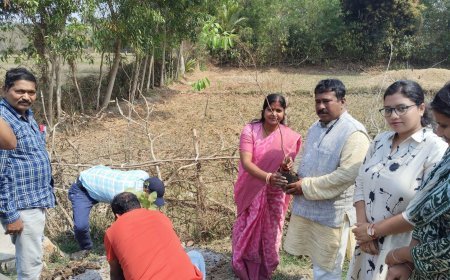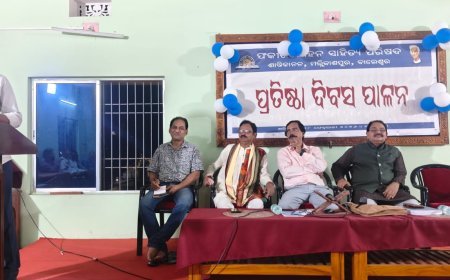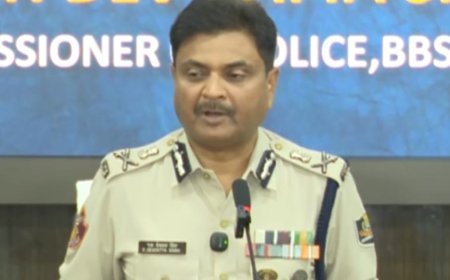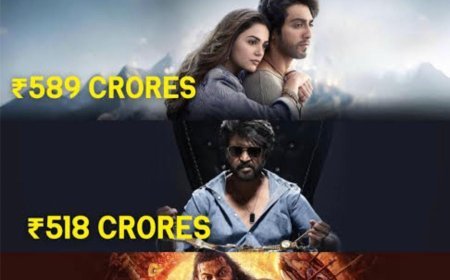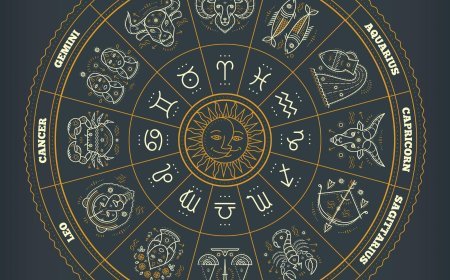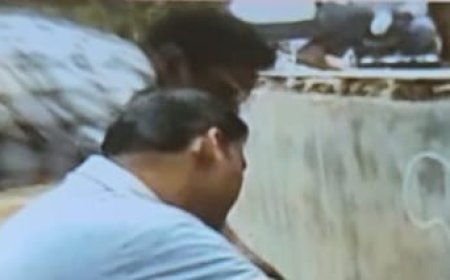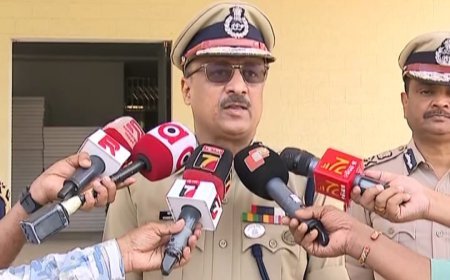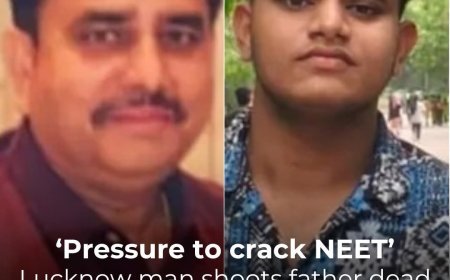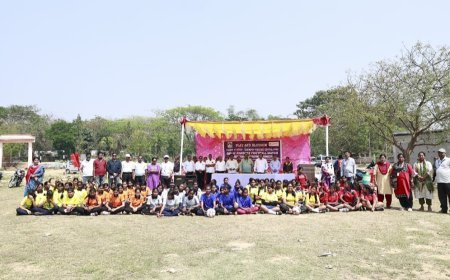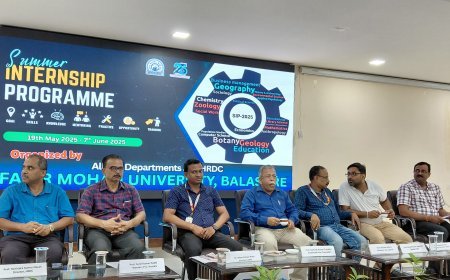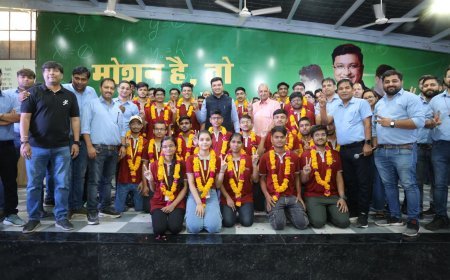Indian students are generally considered intelligent in terms of relativity.

Albert Einstein, a German mathematician and physicist who developed the special and general theories of relativity was once asked what the speed of sound was, to which he replied "I do not carry such information in my mind since it is readily available in books. The value of a college education is not learning of the many facts but training of the mind to think".
Intelligence is not about knowing what already exists. It's about doing something with information that is already there. Why memorise things that are already there? Then what? Some people will learn that there are 54 countries in Africa and memorize that and get their certificate and start feeling on top on the world. Robert Kiyosaki said "Your education begins when you leave school not when you are in School". Education is not supposed to end but what I've noticed is that these certificates make people proud. They think they have it all not knowing that the world is ever changing and evolving. Don't let that certificate stop you from learning. I think them titles make people proud and limits their learning. How can one be proud of information that is obsolete to a point of not wanting to learn more.
Infact if whatever you know can be found on Google, then you are simply testing your memory. Your focus should not be on your ability to remember what you read but your ability to think and analyse what you read. We should reach a point where questions asked will bring out the creativity and make a student tm think such that their answers should help in the development of the country. Children must be taught how to think and not what to think. This will also reduce copying from one student to another because no two students can think exactly the same.
A.J Juliani said "Our job is not to prepare students for something, we must prepare students for anything". Albert Einstein said "Education is not the learning of facts but training of the mind to think" . Exams inventor Henry Fischel, a philanthropist, and businessman devised exams to assess students overall topic knowledge as well as their ability to apply that information. I think we should focus on the last part, then apply that information. As Albert Einstein said, "Everybody is a genius. But if you judge a fish by its ability to climb a tree, it will live its whole life believing that it is stupid."
We all have different abilities and can't judge and shouldn't judge everyone on the same scale.
Be curious, read widely. Try new things. What people call intelligence boils down to curiosity (Aaron Swartz). In a world that is always evolving, become very curious and be always learning and implementing. It will open up your mind to start thinking bigger and different. The people who are successful are like that because they know something you don't know. I definitely agree with Jim O'Shaughnessy when he said "All of the smartest people Ive met regardless of where they have received their formal education, were mostly self-taught, incredibly curious and voracious readers".
The Indian education system, though vast and deeply rooted in tradition, still largely emphasizes rote learning, standardized testing, and theoretical knowledge over creativity, problem-solving, and application. This outdated model often suppresses curiosity and discourages critical thinking, which are essential in a rapidly evolving world. To truly empower students and foster innovation, the system must shift its focus from simply producing exam-toppers to nurturing independent thinkers and lifelong learners. Encouraging project-based learning, experiential education, and interdisciplinary approaches will help students connect what they learn with real-world challenges. It's time we evolve from being a certificate-driven society to one that values practical wisdom, adaptability, and the courage to think differently.










